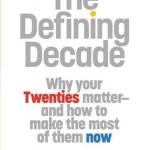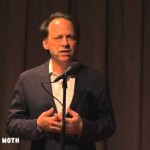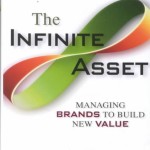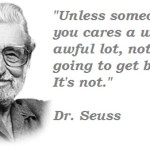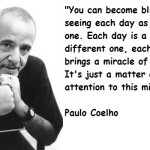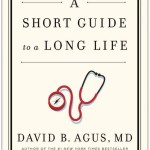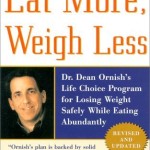The Lexus and the Olive Tree is a 1999 book by Thomas L. Friedman that posits that the world is currently undergoing two struggles: the drive for prosperity and development, symbolized by the Lexus, and the desire to retain identity and traditions, symbolized by the olive tree. He says he came to this realization while eating a sushi box lunch on a Japanese bullet train after visiting a Lexus factory and reading an article about conflict in the Middle East. [From: Wikipedia.com]
As the Foreign Affairs columnist for The New York Times, Thomas L. Friedman has traveled to the four corners of the globe, interviewing people from all walks of contemporary life – Brazilian peasants in the Amazon rain forest, new entrepreneurs in Indonesia, Islamic students in Teheran, and the financial wizards on Wall Street and in Silicon Valley.
Now Friedman has drawn on his years on the road to produce an engrossing and original look at the new international system that, more than anything else, is shaping world affairs today: globalization.
His argument can be summarized quite simply.
Globalization is not just a phenomenon and not just a passing trend. It is the international system that replaced the Cold War system. Globalization is the integration of capital, technology, and information across national borders, in a way that is creating a single global market and, to some degree, a global village.
You cannot understand the morning news or know where to invest your money or think about where the world is going unless you understand this new system, which is influencing the domestic policies and international relations of virtually every country in the world today. And once you do understand the world as Friedman explains it, you’ll never look at it quite the same way again.
With vivid stories and a set of original terms and concepts, Friedman shows us how to see this new system. He dramatizes the conflict of “the Lexus and the olive tree” – the tension between the globalization system and ancient forces of culture, geography, tradition, and community. He also details the powerful backlash that globalization produces among those who feel brutalized by it, and he spells out what we all need to do to keep this system in balance.
Finding the proper balance between the Lexus and the olive tree is the great drama of the globalization era, and the ultimate theme of Friedman’s challenging, provocative book – essential reading for all who care about how the world really works. [From: Thomaslfriedman.com]
One day in 1992, Thomas Friedman toured a Lexus factory in Japan and marveled at the robots that put the luxury cars together. That evening, as he ate sushi on a Japanese bullet train, he read a story about yet another Middle East squabble between Palestinians and Israelis. And it hit him: Half the world was lusting after those Lexuses, or at least the brilliant technology that made them possible, and the other half was fighting over who owned which olive tree.
Friedman, the well-traveled New York Times foreign-affairs columnist, peppers The Lexus and the Olive Tree with stories that illustrate his central theme: that globalization–the Lexus–is the central organizing principle of the post-cold war world, even though many individuals and nations resist by holding onto what has traditionally mattered to them–the olive tree.
Problem is, few of us understand what exactly globalization means. As Friedman sees it, the concept, at first glance, is all about American hegemony, about Disneyfication of all corners of the earth. But the reality, thank goodness, is far more complex than that, involving international relations, global markets, and the rise of the power of individuals (Bill Gates, Osama Bin Laden) relative to the power of nations.
No one knows how all this will shake out, but The Lexus and the Olive Tree is as good an overview of this sometimes brave, sometimes fearful new world as you’ll find. [From: Amazon.com]
If you like this story, CLICK HERE to join the tribe of success-minded people just like you. You will love our weekly quick summaries of top stories, talks, books, movies, music and more with handy downloadable guides, cheat sheets, cliffs notes and quote books.





